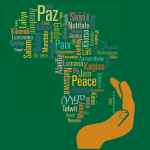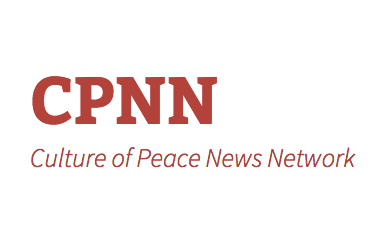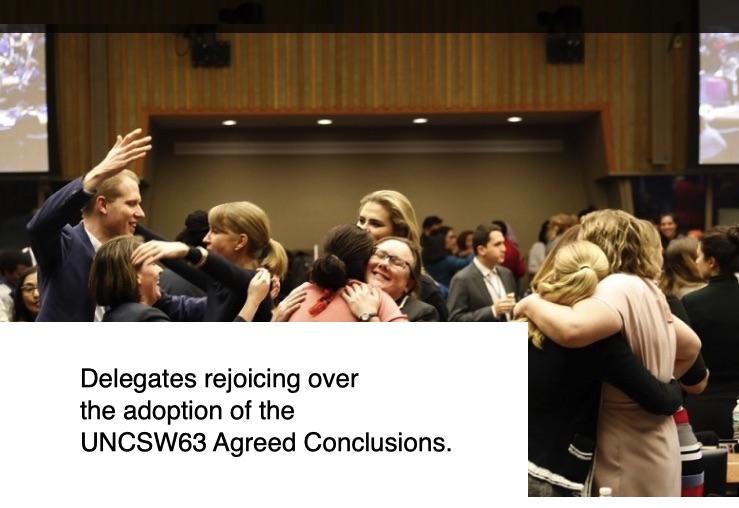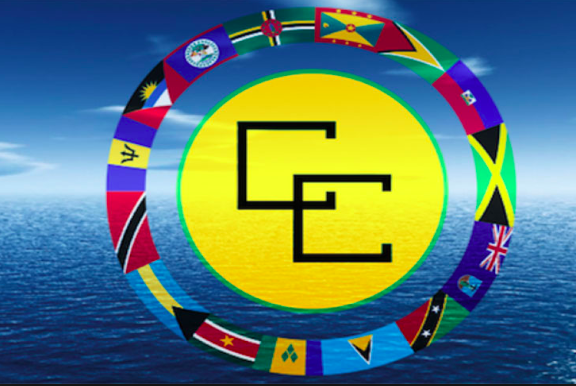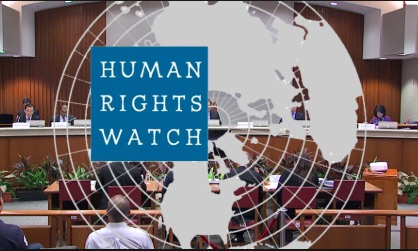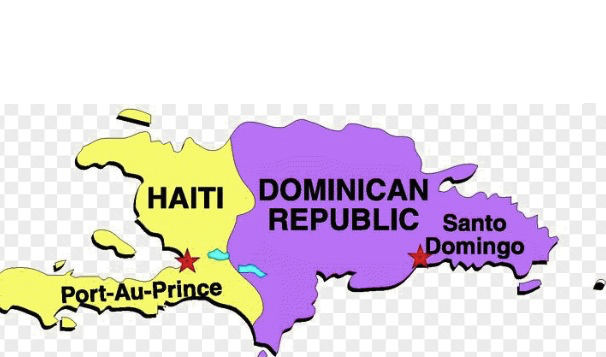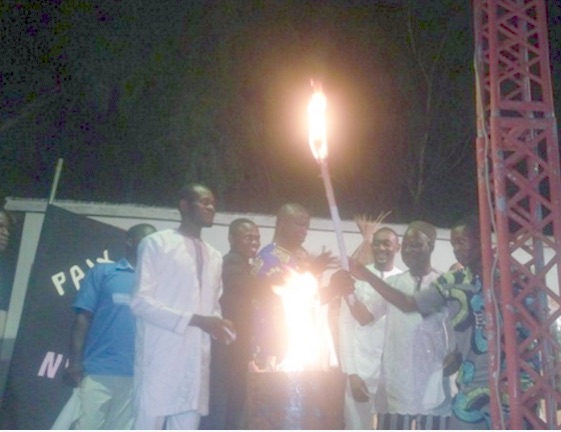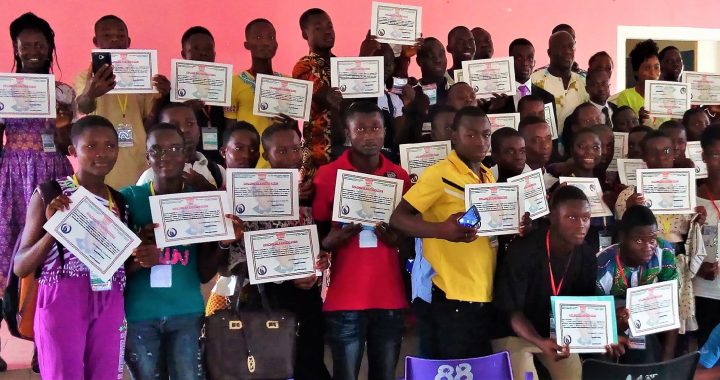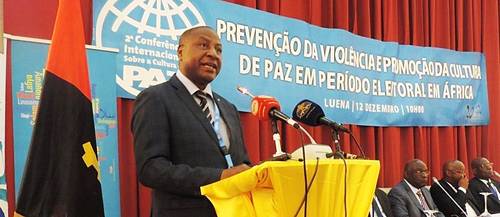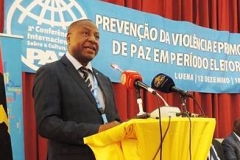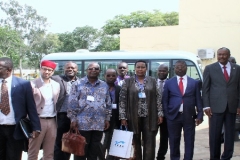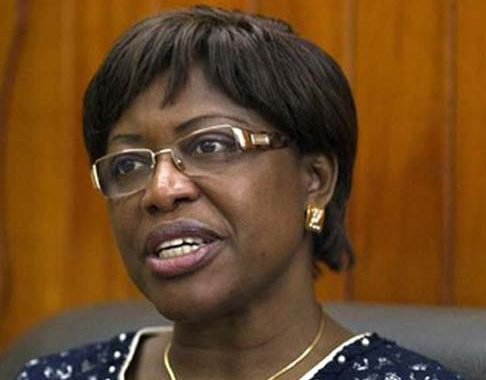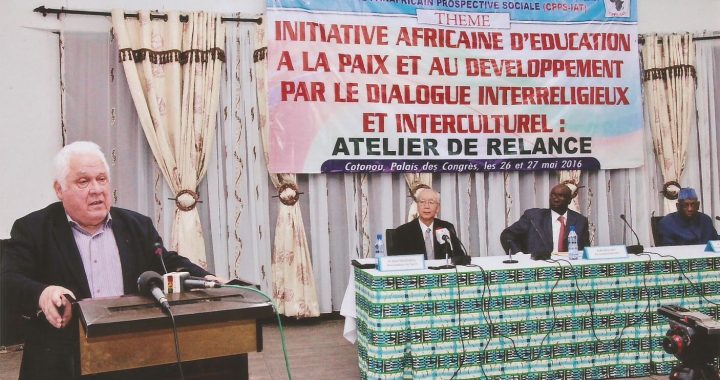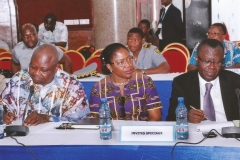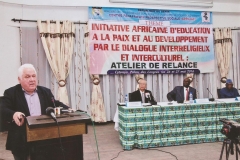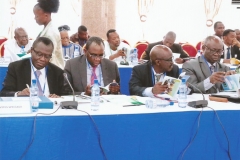PRESS FREEDOM UNDER ATTACK
Freedom of the press is under attack around the world, with the biggest deterioration in North and South America. And the most spectacular and dangerous example is the arrest of Julian Assange of Wikileaks and the threat that he he may be extradited and tried by a kangaroo court in the United States.
According to Bruce Shapiro, the executive director of the Dart Center for Journalism and Trauma at Columbia University School of Journalism, the very essence of the press freedoms in the United States is under attack in the U.S. attempt to extradite and try Assange. He calls it an “attempt to criminalize investigative reporting.”
Not only freedom of the press, but also democracy, human rights and peace are under attack.
Daniel Ellsberg, himself the courageous whistle-blower of the Pentagon Papers that revealed the lies of the Vietnam War, puts it this way: “Without whistleblowers we would not have a democracy. And there have to be people to distribute work and publish it. Julian Assange has done that in a way in which other publishers have not been willing to. . . . it is now up to us to make sure that the First Amendment is preserved.”
United Nations experts, including the UN Special Rapporteur on extra-judicial executions, the UN independent expert on the right to privacy, and the UN Special Rapporteur on torture warned that the arrest and threatened extradition of Assange is a violation of his human rights, “including his freedom of expression, his right to a fair trial, and the prohibition of cruel, inhuman or degrading treatment or punishment.”
An example of how Wikileaks revelations promoted democracy comes from Kenya. Writing in Al Jazeera, Patrick Gathara describes how a report about government corruption was suppressed by that same government, but was obtained and revealed by Julian Assange and Wikileaks. Gathara states that “For once, Kenyans were afforded an unvarnished and detailed glimpse of the amount of national wealth that was being stolen by the very people tasked with protecting it.”
The list of Wikileaks evelations of government corruption is quite long, and it takes the journalist Alison Weir 8,000 words to describe them in the article we have reprinted in CPNN. Wikileads revealed “the U.S. government’s cover-up of torture, cruelty, the killing of civilians, spying on its own citizens and others. It exposed Democratic Party cheating and manipulation, the fraudulence of ‘Russiagate.’ It unmasked Israeli plans to keep Gaza on the brink of collapse, to use violence against Palestinian nonviolence, to make war upon civilians.” And the list could be even longer, if one includes examples like the corruption in Kenya mentioned above.
Although the United States is exerting pressure behind the scenes, the arrest was due to the actions of the governments of Ecuador and the UK.
For Noam Chomsky, it shows the global reach of the American empire: “why should the United States have the power to control what others are doing elsewhere in the world? I mean, it’s an outlandish situation. It goes on all the time.”
Fortunately, many people are taking positive steps to support Assange. In CPNN, we have carried several articles of support from Nobel Peace Laureate Mairead Maguire. On January 7 she nominated him for the Nobel Peace Prize. And after his arrest in April, she demanded the right to visit him in prison.
Mairead Maguire reminds us that the actions of Assange are an important contribution to peace: “By Julians courageous actions and others like him, we could see full well the atrocities of war. . . . I live in an era where people like Julian Assange, Edward Snowden, Chelsea Manning and anyone willing to open our eyes to the atrocities of war, is likely to be haunted like an animal by Governments, punished and silenced. . . .. This man is paying a high price to end war and for peace and nonviolence and we should all remember that.”
| FREE FLOW OF INFORMATION | SUSTAINABLE DEVELOPMENT
Photo essay: Climate Change Protests Sweep Europe |
WOMEN’S EQUALITY | EDUCATION FOR PEACE
National Campaign for Peace Education launched in Cameroon |
| DISARMAMENT AND SECURITY
Statement on Escalating Tensions in Venezuela Issued by the Caribbean Community |
HUMAN RIGHTS
South Africa Launches Plan to Combat Xenophobia and Racism |
TOLERANCE AND SOLIDARITY
Haiti – Dominican Republic : “For a culture of peace theme of the week of the diaspora |
DEMOCRATIC PARTICIPATION
Benin: The Youth Movement for the Preservation of Peace and Democracy |
